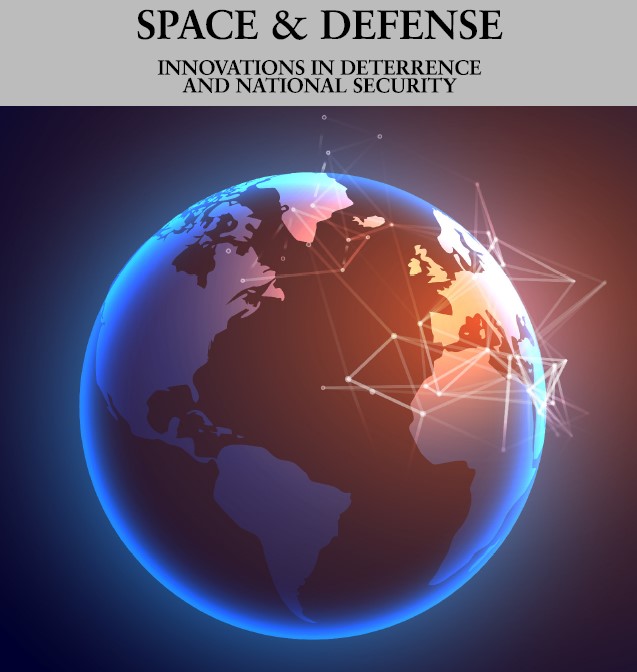Space and Defense

Abstract
With the collapse of the Soviet Union in 1992, the Russian Federation found itself the inheritor of much of the Soviet space program. However, this “new”country also had a new leadership that had little interest in a space effort that was viewed as tainted by its close association with the leadership of the Communist Party and its management through the Soviet defense industry bureaucracy. In addition, the extraordinary budgets and priorities assigned to resources designated for space efforts were a luxury that Russia could now little afford. In the face of these enormous challenges, the Russian Space Agency was created and Mr. Yuri Koptev was appointed to lead it. Such an organization devoted to civil space was a new concept, although many of the Russian Space Agency’s officials, like Mr. Koptev, had previously served in the coyly named Ministry of General Machinebuilding – the ballistic missile and space ministry of the Soviet government. For the remainder of the 1990s Russian space policy was largely ignored at the highest political levels and left to survive on meager (and frequently undelivered) fiscal rations, while Mr. Koptev courted foreign assistance and struggled to build a space agency in the Western mold.
DOI
10.32873/uno.dc.sd.01.01.1235
Recommended Citation
Barry, William P.
(2006)
"RUSSIAN SPACE POLICY UPDATE,"
Space and Defense: Vol. 1:
No.
0, Article 8.
DOI: 10.32873/uno.dc.sd.01.01.1235
Available at:
https://digitalcommons.unomaha.edu/spaceanddefense/vol1/iss0/8
Included in
Asian Studies Commons, Aviation and Space Education Commons, Defense and Security Studies Commons, Eastern European Studies Commons, International Relations Commons, Leadership Studies Commons, Near and Middle Eastern Studies Commons, Nuclear Engineering Commons, Science and Technology Studies Commons, Space Vehicles Commons
